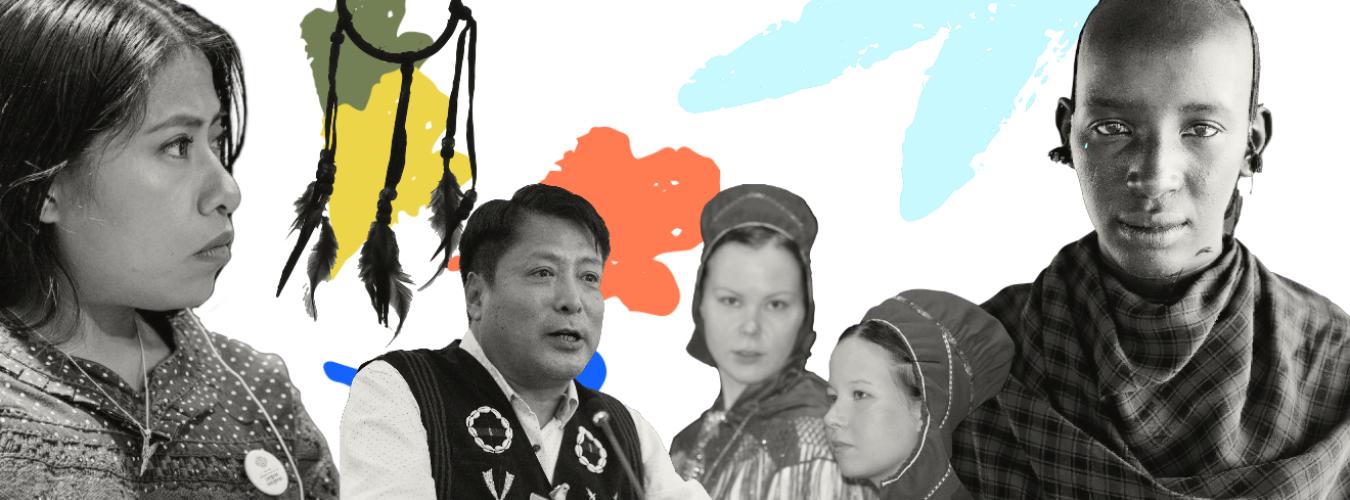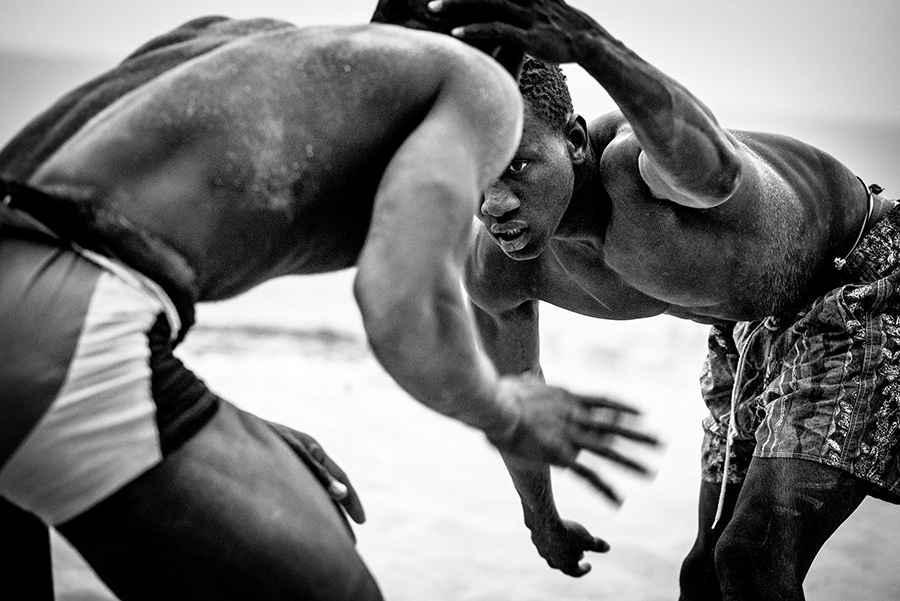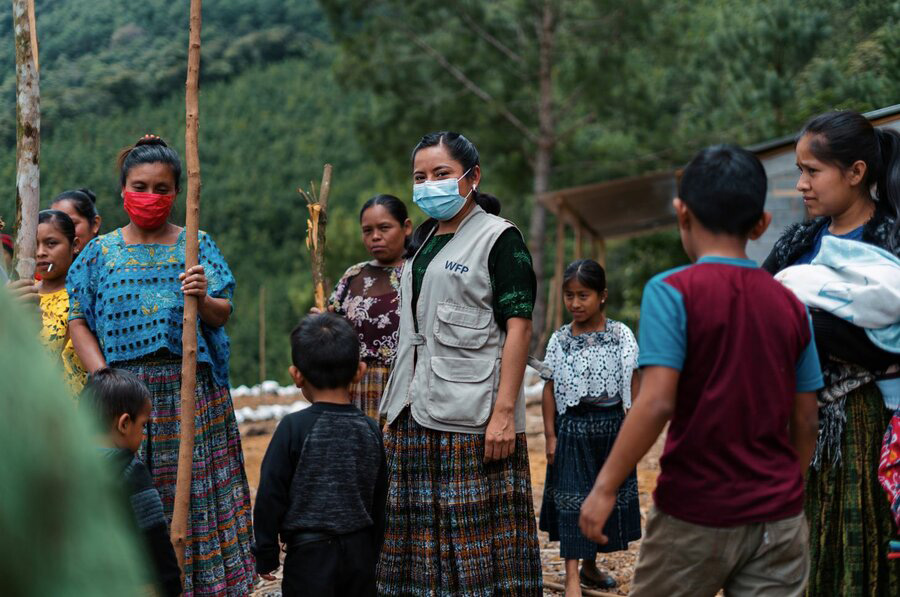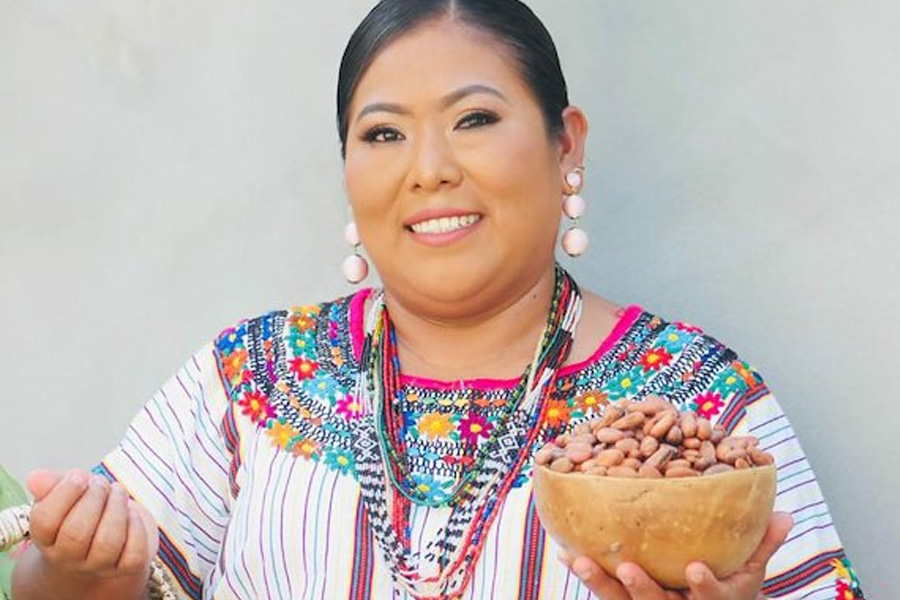
Watch
Brazil: Protecting Indigenous Land | Gender Equality Today - A Sustainable Tomorrow
Alessandra, an indigenous woman from the Munduruku tribe, defends her community's territory in the Amazon against exploitation by mining companies and hydro-power plants. She explains how the Pariri association works with Munduruku peoples who have occupied this land for more than three centuries, establishing a relationship of reciprocity with the forest.
Listen

Indigenous radio is ‘backbone’ of our communities
Broadcasting in indigenous languages connects these communities to culture and at times provides important information that can save people’s lives.
That’s the opinion of Rhianna Patrick, a journalist from the Torres Strait Islands, located in the western Pacific.
On World Radio Day this Sunday, 13 February, she calls for more funding for Indigenous broadcasting.
But first, Ms. Patrick explains to Julia Dean from the UN Country Team in Australia why radio is such a good way of communicating with Indigenous communities.
Read

Fighting for their future
In the village of Djilor Djidiack, Senegal, where residents have planted, managed, and protected a 20-hectare community forest, take a look at how Indigenous youth are fighting for a liveable future.

Deborah, the first Poqomchi women to graduate from university
Deborah Suc, an agronomist with the World Food Programme (WFP) in Guatemala, is a member of the Poqomchi’ community in San Cristóbal Verapaz and works to empower farmers to respond to the challenges of climate change – reviving and then harnessing traditional know-how.

Cacao, reforestation and restoration
Martha Cholom is the secretary of the Trio Farmers Cacao Growers Association in a remote area of Belize. Get to know her story and how her community moved from eviction and landlessness to establishing legal access to land and economic empowerment based on nature-positive practices.
